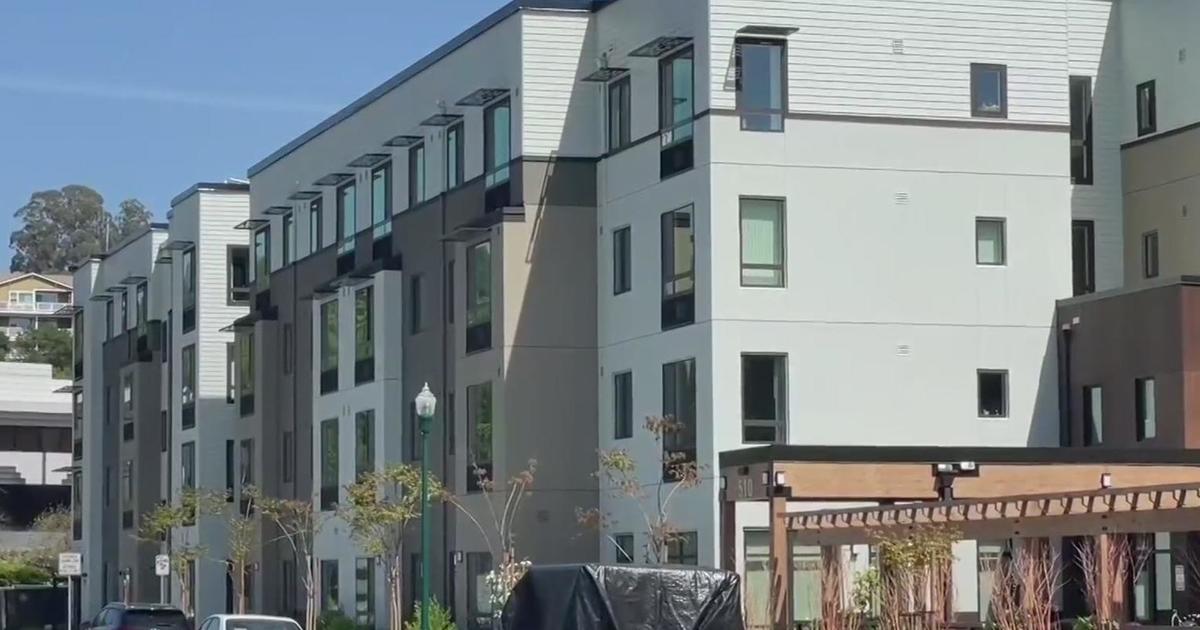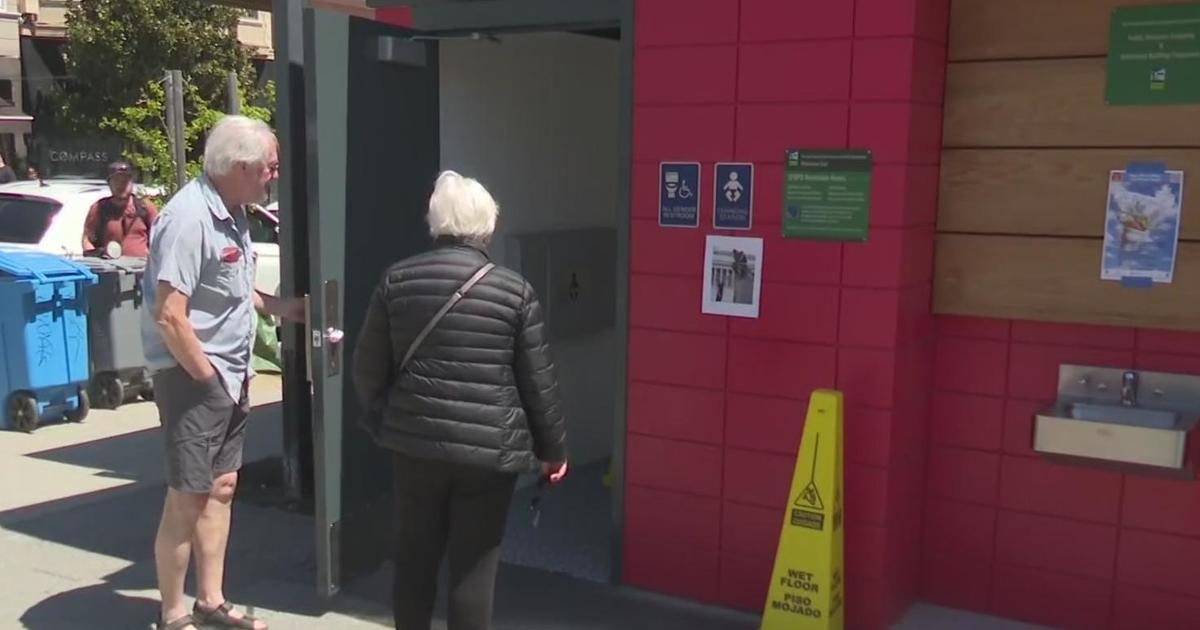Judge Allows Lawsuit Challenging Assisted Suicide Law
RIVERSIDE, Calif. (AP) -- A judge Friday allowed a legal challenge to proceed against California's law allowing terminally ill people to seek prescriptions for life-ending drugs.
Riverside County Judge Daniel A. Ottolia decided to allow a lawsuit by doctors challenging the state's 2016 law permitting medically-assisted death move forward and denied a request from California Attorney General Xavier Becerra to dismiss the case.
State attorneys had argued that the suit should be dismissed because doctors aren't bound to issue these prescriptions and the law merely offers patients a choice.
There's no "live controversy" for the court to resolve and the allegations "are wholly based upon what could happen in the future, or may never happen at all, to non-parties," deputy attorney general Kathleen Lynch wrote in court papers.
In contrast, the plaintiffs argue the law is removing critical protections from terminally-ill patients like those they treat.
"Protecting vulnerable Californians from immediate and fatal harm is exactly the kind of controversy that courts are designed to adjudicate," plaintiffs' lawyer Steven Bledsoe wrote.
California is one of a number of states where terminally ill patients can get prescriptions to take life-ending drugs, along with Oregon, Washington, Vermont and Montana.
The law took effect in California in June 2016. It was approved a year earlier but couldn't take effect until the conclusion of a special session on health care.
Under the state's law, patients must be given six months or less to live, make two verbal requests at least 15 days apart and submit a written request.
The law passed following the heavily publicized case of a 29-year-old California woman with brain cancer who moved to Oregon to legally end her life in 2014.
Some see the measure as providing choice to the dying in a health care system that helps people live longer but is limited in preventing slow, painful deaths. Critics say they fear the option will lead to hasty decisions, misdiagnosis and waning support for palliative care.
In the last year, at least 504 terminally ill Californians have requested the prescriptions, according to advocacy group Compassion & Choices. The number includes only those who contacted the organization, and state officials have yet to release official data.
© Copyright 2017 The Associated Press. All Rights Reserved. This material may not be published, broadcast, rewritten or redistributed.



